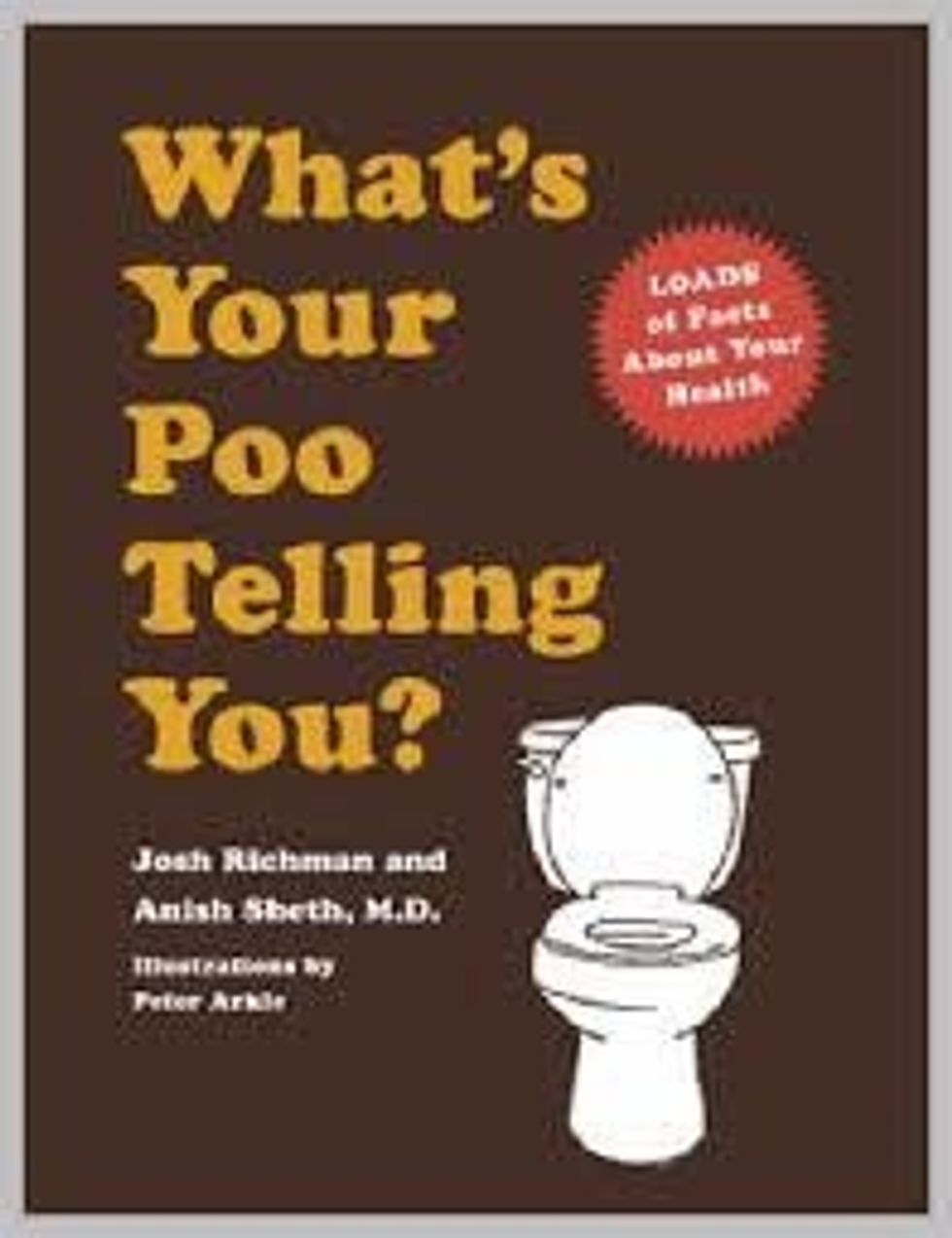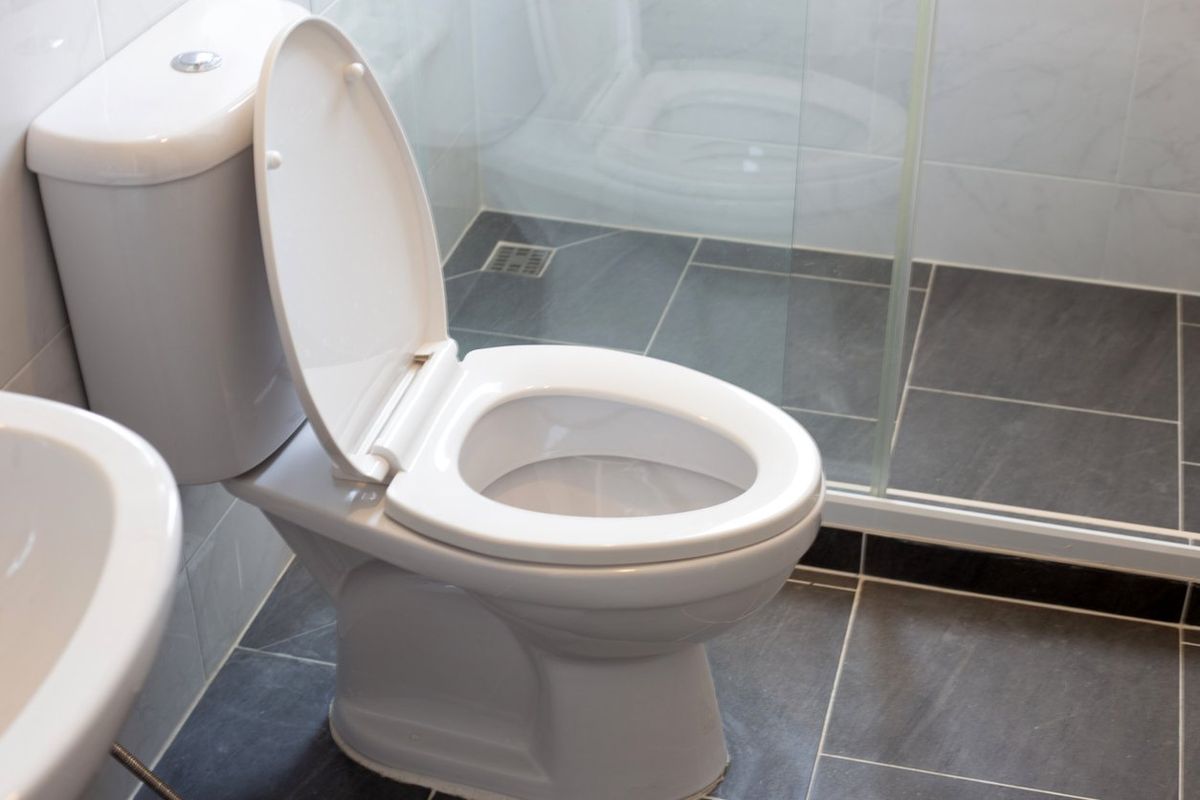Q:
What is considered a "healthy poop"?
A:
Your #2 may be an important indicator of your gastrointestinal health. Healthy bowel movements are generally soft, smooth and easy to pass. There’s even a scale designed to help you understand if bowel movements are healthy and which may help identify possible irregularities such as constipation. The Bristol Stool Form Scale is a tool that classifies bowel movements into seven numbered categories:
Type 1: consists of separate, hard lumps that are shaped like nuts and difficult to pass
Type 2: is sausage-shaped, but lumpy
Type 3: looks like a sausage, but with cracks on the surface
Type 4: is soft and smooth and looks like a thin sausage or snake
Type 5: consists of soft blobs with defined edges
Type 6: is fluffy pieces with ragged edges that are easy to pass
For most people, types #3, #4 and #5 are the healthiest types of bowel movements. Types #1 and #2 may be too hard and may indicate constipation. Types #6 and #7 may be too soft and may indicate diarrhea. In short, an ideal #2 may not be a #2. Keep in mind that the Bristol Stool Form Scale is not intended to serve as a diagnostic tool. If you are experiencing constipation that keeps coming back, abdominal pain or any other gastrointestinal symptoms, make an appointment with your health care professional.





